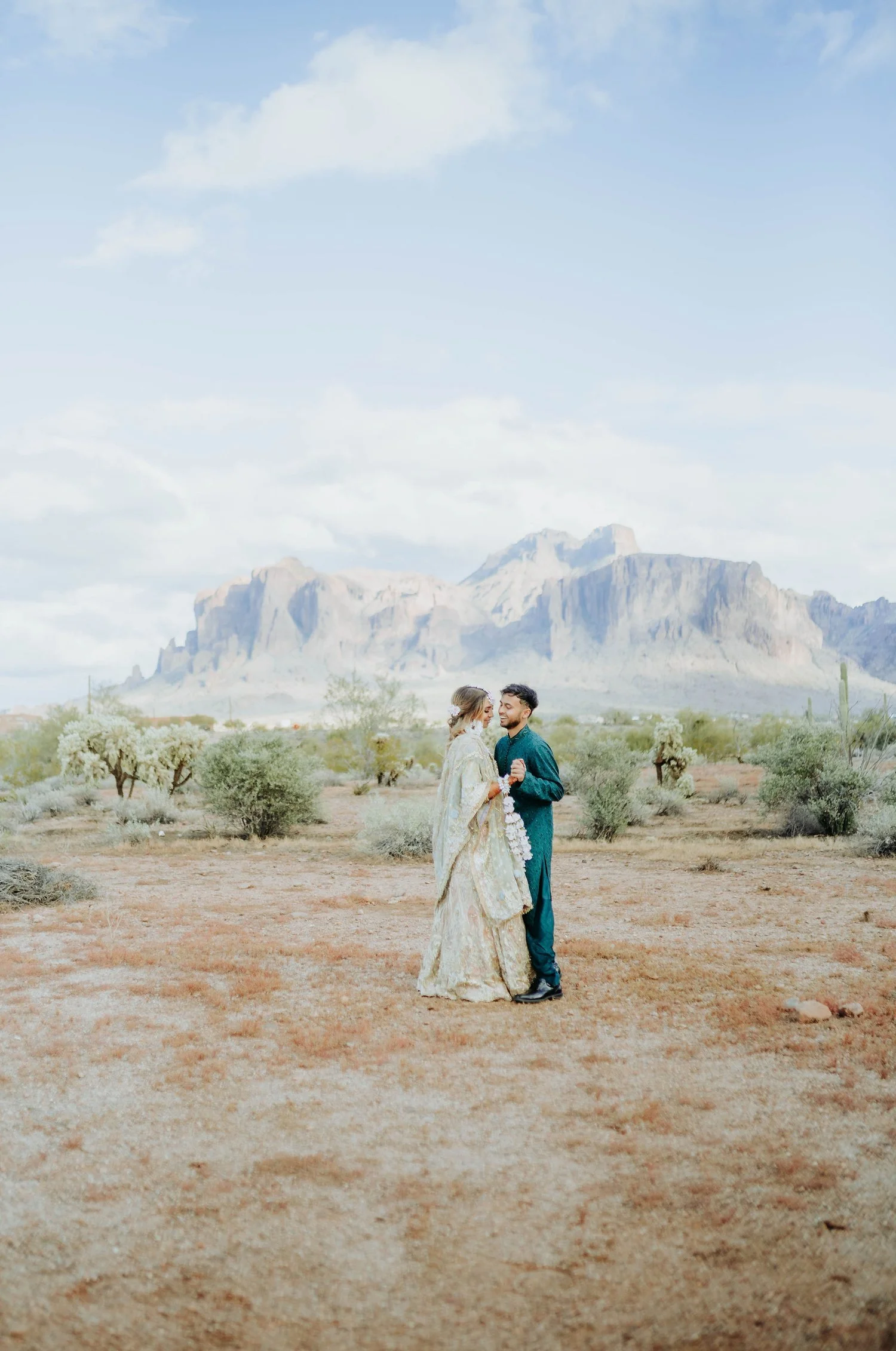Photography Tips for Muslim Brides: Capturing Timeless Moments while Honoring Muslim Customs
Photography plays a significant role in preserving cherished memories, especially on a wedding day. For Muslim brides, capturing the beauty and essence of their special moments requires considering unique customs and traditions. Here, We aim to provide valuable photography tips for Muslim brides, ensuring that their wedding photos are both stunning and respectful of their customs and values. Whether you're hiring a professional photographer or planning to take some DIY shots, these tips will help you navigate the photography process with cultural sensitivity and create lasting memories.
Adhering to modesty guidelines:
Modesty is an important aspect of Muslim culture and should be reflected in your wedding photographs. Choose wedding attire that aligns with your modesty requirements, such as long-sleeved dresses, high necklines, or traditional outfits like the abaya or hijab. Work closely with your photographer to capture your elegance while maintaining your comfort and modesty.
Gender-specific photography preferences:
In some Muslim communities, there are cultural customs regarding the presence of photographers of the opposite gender. If you have specific preferences in this regard, communicate them clearly to your photographer. Many professional photographers are sensitive to these customs and can accommodate your needs by providing a same-gender photographer or ensuring appropriate privacy measures.
Including the "Nikah" ceremony:
The "Nikah" ceremony is the Islamic marriage contract and holds great significance in Muslim weddings. Discuss with your photographer the importance of capturing key moments during the "Nikah" ceremony, such as the signing of the contract or the exchange of vows. These images will reflect the religious aspect of your wedding and hold immense sentimental value.
Embracing family and community:
Muslim weddings often emphasize the involvement of family and community. Request your photographer to capture candid moments that showcase the love, support, and joy shared by your loved ones. These photographs will highlight the warmth and togetherness that characterizes Muslim weddings.
Including traditional elements:
Muslim weddings are rich in cultural traditions, and incorporating them into your photographs can add depth and authenticity. Discuss with your photographer how to incorporate traditional elements, such as the "Mehndi" (henna) ceremony, "Walima" feast, or other customs specific to your cultural background. These images will reflect your heritage and make your wedding album truly unique and meaningful.
Prayer and reflection:
Prayer holds a special place in Muslim weddings, and capturing moments of prayer and reflection can add a spiritual dimension to your photographs. Coordinate with your photographer to discreetly document these moments, whether it's during the "Sunnah" prayers, a quiet moment of contemplation, or the recitation of religious verses.
Respecting privacy and cultural sensitivities:
Muslim customs may vary across different communities, and some aspects of the wedding may be considered private or not shared openly. Communicate your preferences and boundaries regarding photo sharing and social media to your photographer. Ensure that everyone involved, including family members and guests, understands and respects these guidelines.
Photographing Muslim weddings requires a sensitive and respectful approach to honor customs, values, and traditions. By considering modesty guidelines, incorporating cultural elements, and capturing significant moments, your wedding photos will reflect the beauty and authenticity of your special day.
Remember, the most important aspect is to celebrate your love, cherish the meaningful moments, and trust your photographer to document the joy and spirituality that accompanies a Muslim wedding.




